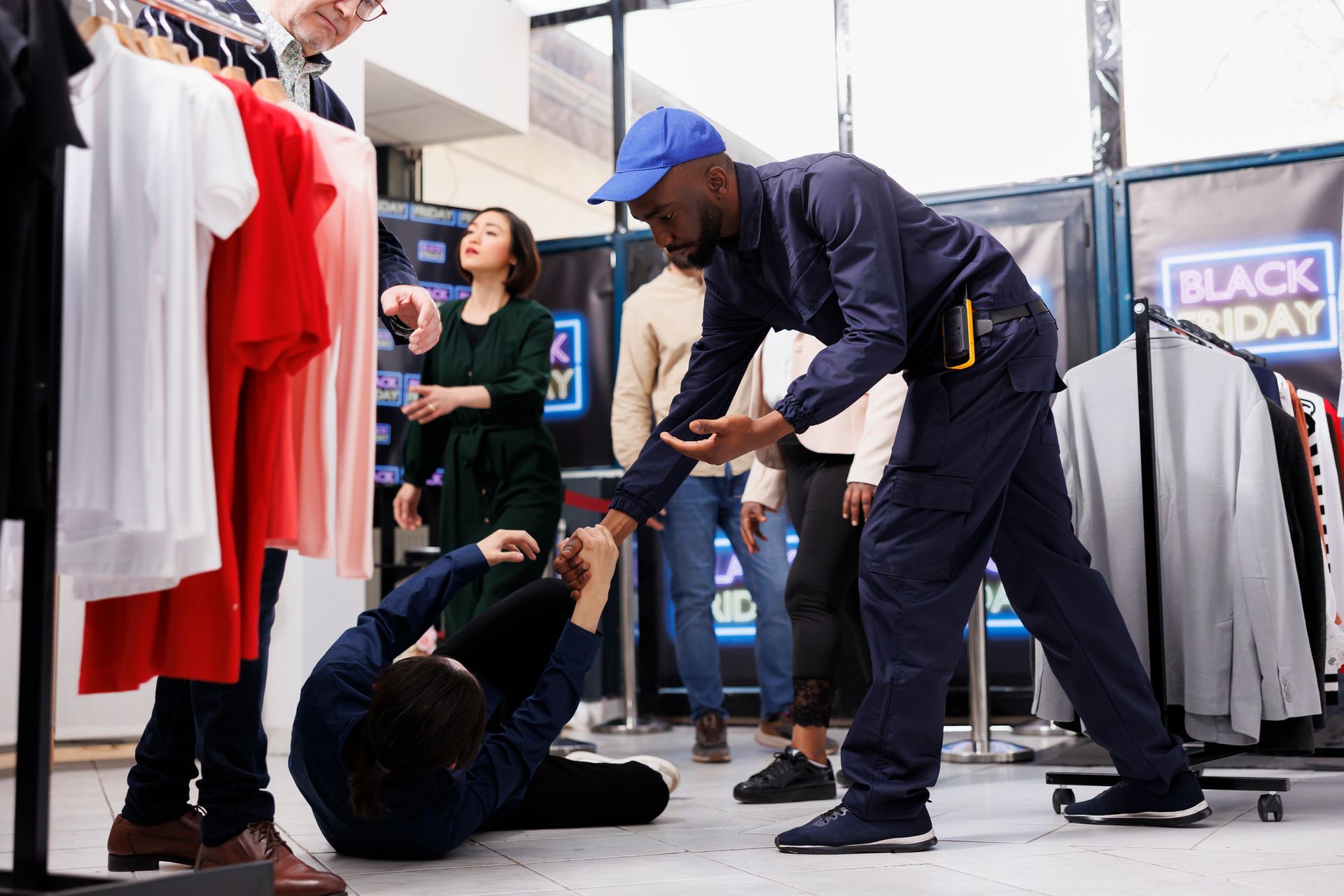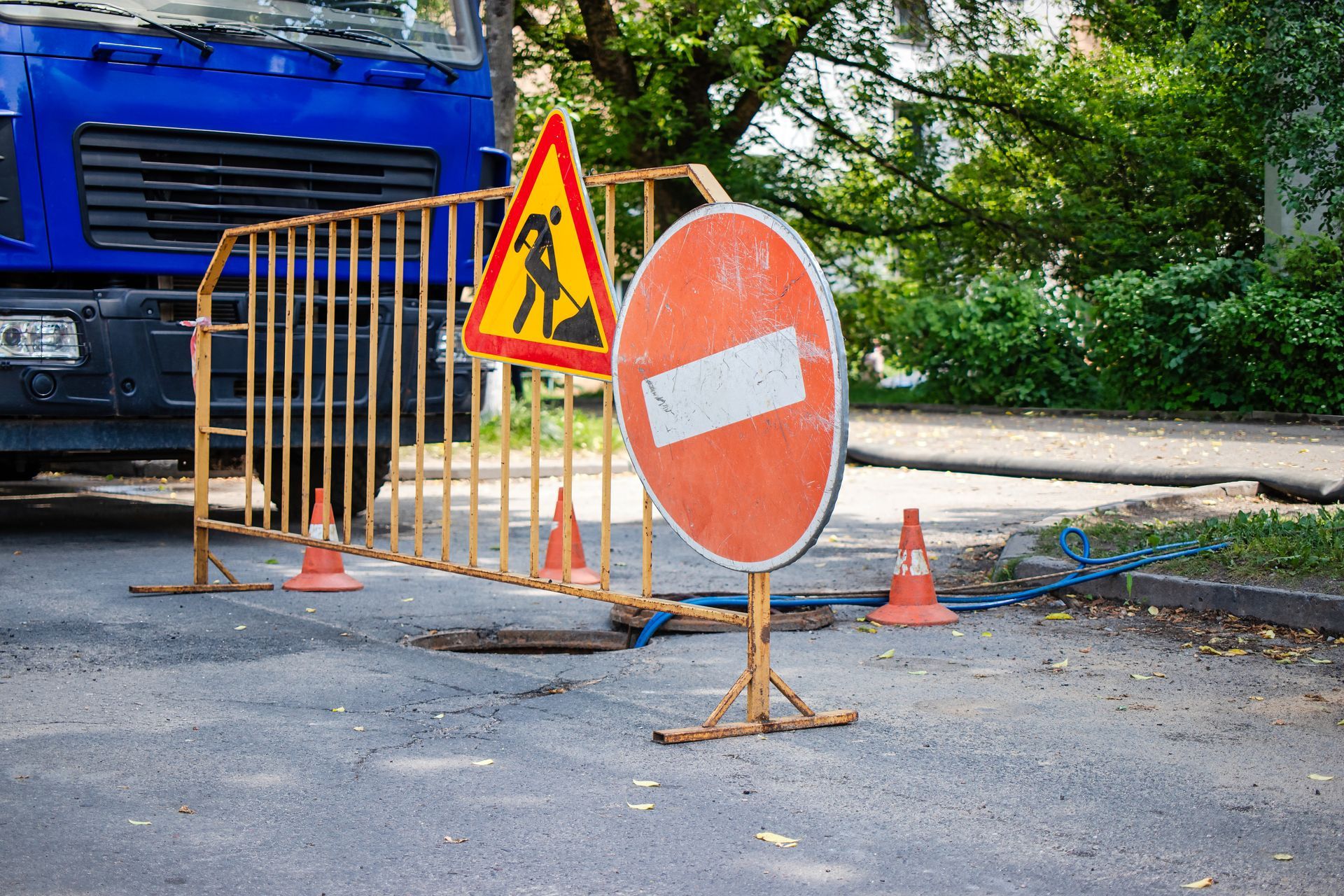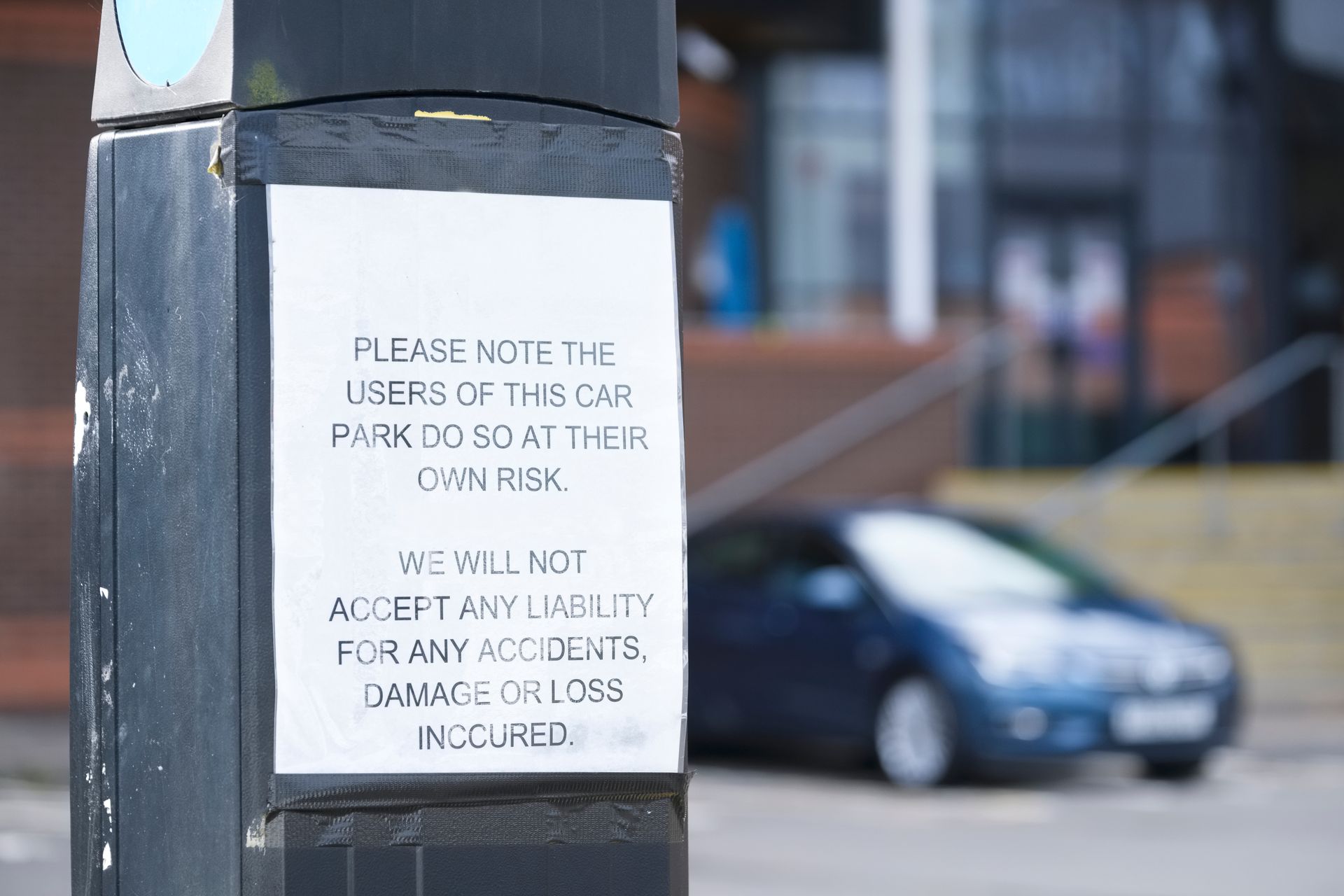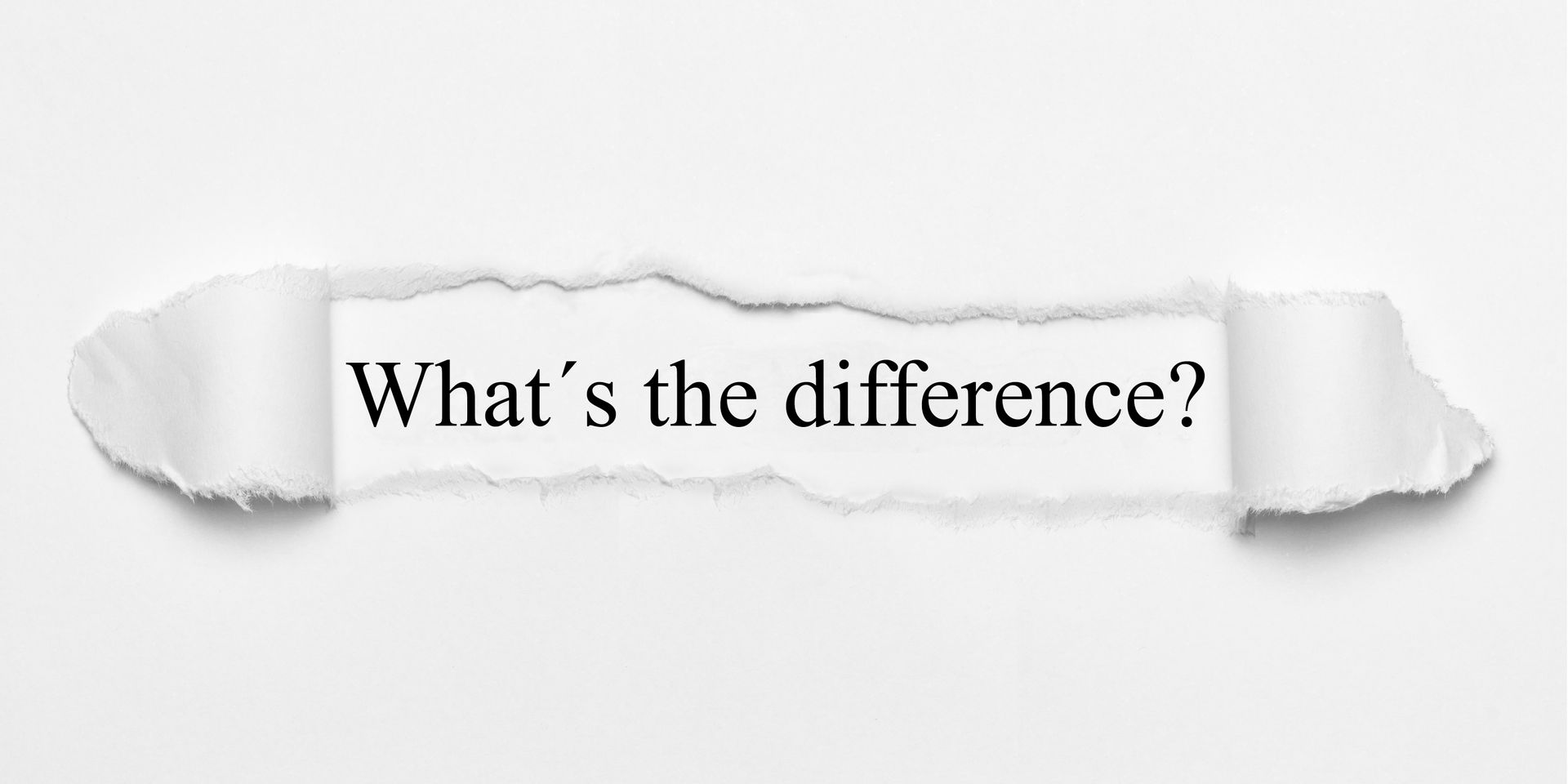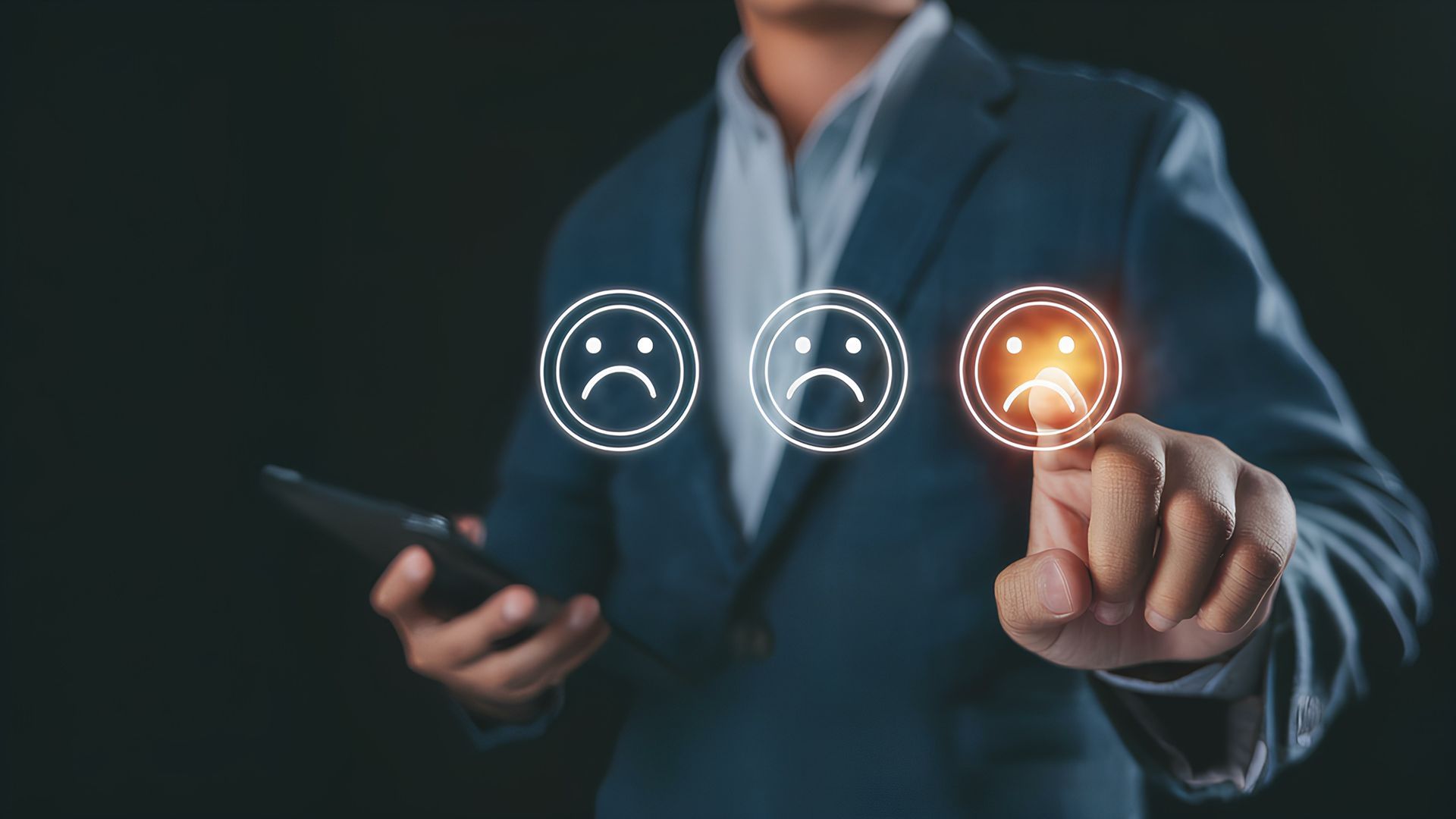Blog

It’s not unheard of for people, including some claimants, to overshare on their social media accounts. Some of their posts may contradict their statements about what happened or the physical and psychological consequences they claim to experience from an alleged incident involving your business.
For example, a plaintiff could damage their own case if they claim they suffered debilitating back injuries in a slip and fall on your premises but then have pictures of themselves rock climbing just weeks after the fall.
Conversely, businesses or their employees may also make social media missteps that could harm their liability defense.
How Social Media Posts by Claimants Can Help a Business's Defense
Contradicting Injury Claims
One of the most beneficial types of plaintiff posts is one that clearly contradicts their injury claims. This typically involves revealing activities that are inconsistent with their alleged injuries. For example, if the plaintiff posts videos of themselves engaging in rigorous gym workouts infeasible for someone with the injuries they claim to have sustained.
Challenging Credibility
Some people who claim to be injured make conflicting statements on social media, oftentimes under the assumption that no one involved in the case will see it. For example, a plaintiff might publish time-stamped posts shortly before a crash with one of your drivers, yet claim they were not on the phone at the time of the accident.
Uncovering Fraudulent or Exaggerated Claims
Some injuries or damages a claimant alleges your business caused may have existed before the incident. For example, if a plaintiff posted images of themselves in a cast or a picture of their damaged car before an accident occurred, those images could be used to establish that the damage your business allegedly caused was preexisting.
Locating Witnesses
Even if a claimant doesn’t contradict their allegations, their social media feed may help identify witnesses who were present during the incident and could provide testimony disputing the plaintiff’s version of events.
Best Practices for Leveraging Social Media in a Liability Case
- Plaintiffs often recognize that their posts might jeopardize their case and quickly delete them. Quickly save and preserve a claimant’s posts if you discover one that could aid your business’s defense.
- Contact a
business defense attorney to discuss ways to legally collect social media posts without violating user privacy.
- Refrain from harassing claimants or engaging in behavior that could be construed as intimidation.
- If necessary, defense attorneys may subpoena relevant social media posts hidden behind privacy settings.
What to Avoid When Using Social Media
- It’s best to avoid making any public statements about pending claims or litigation. Even vague comments could potentially be used against your business.
- Instruct your employees not to discuss the case online. Employee comments implying fault could harm your business during negotiations or litigation.
- Ensure your business’s social media accounts are not posting inflammatory or defensive messages that could appear unprofessional or be construed as an admission of liability.
Important Things to Keep in Mind About the Use of Social Media in Litigation
All evidence must meet Georgia’s strict evidentiary standards for admissibility, meaning social media posts must be properly authenticated and not overly prejudicial.
The court can issue discovery orders to access private or deleted posts if they are deemed critical to the case, but businesses should avoid taking it upon themselves to circumvent a plaintiff’s privacy settings. Illegal actions or violations of the platform’s terms of service could jeopardize the case and expose your business to legal consequences.
Our Team Will Thoroughly Investigate Your Situation to Find Relevant Evidence
Gathering vital evidence that exonerates your business or challenges the plaintiff’s allegations is often key to prevailing in liability disputes. The Law Office of Cameron Hawkins uses thorough, detail-oriented investigative procedures to uncover evidence, including carefully monitoring the claimant’s posts. If you are an Atlanta business owner navigating liability defense complexities, call our team at (678) 921-4225.
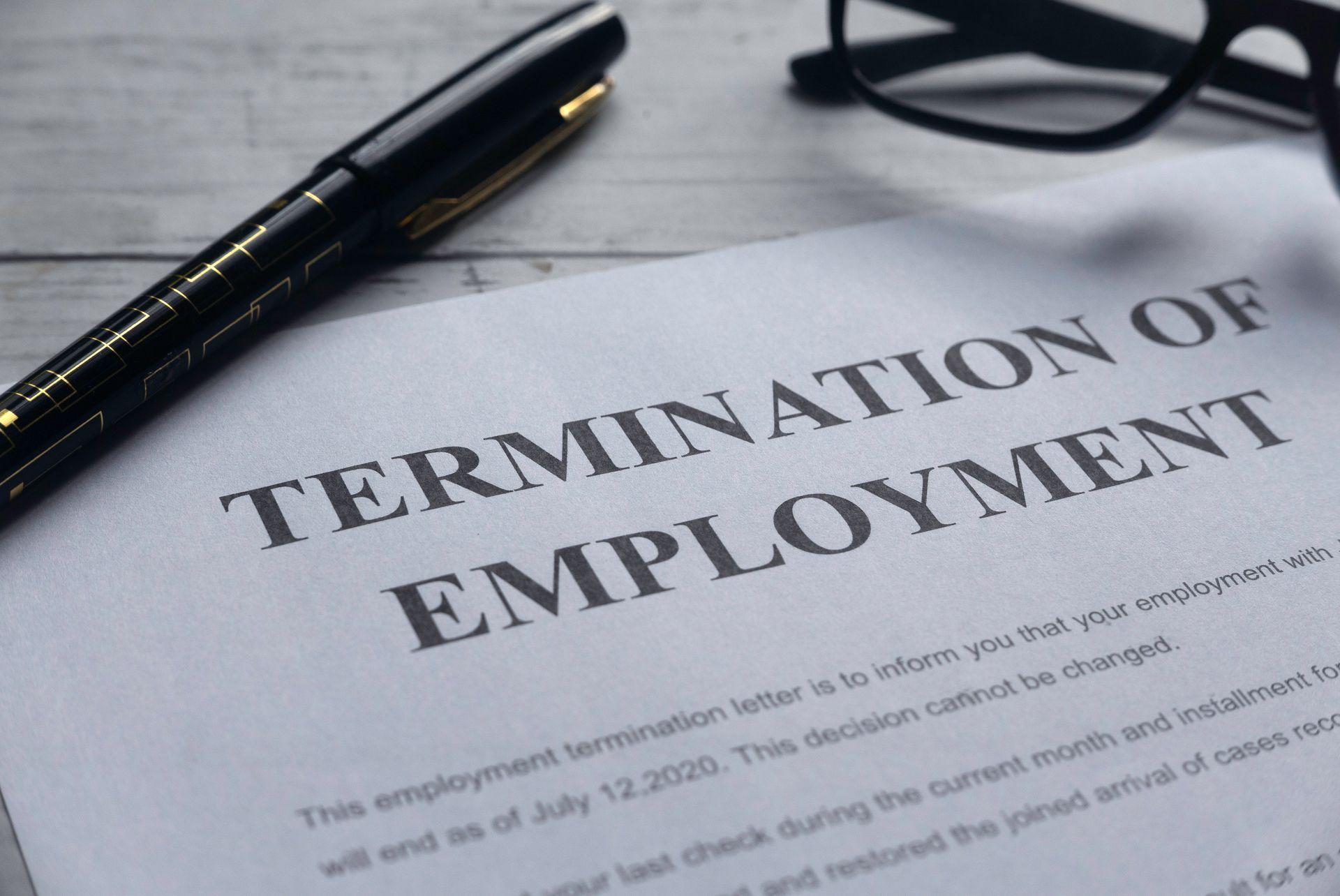
Protecting Your Business from Wrongful Termination Lawsuits: Best Practices for Employment Contracts
Law Office of Cameron Hawkins | All Rights Reserved
Areas of Practice
Contact Info
Disclaimer: The content on this website is for informational purposes only. This site and the information contained within is not legal advice, nor is it intended to be. Contacting the Law Office of Cameron Hawkins does not create an attorney-client relationship. Internet users should not act upon information contained on this site without first seeking advice from an attorney. Please refrain from sending any confidential information to The Law Office of Cameron Hawkins until an attorney-client relationship is established.
Disclaimer pursuant to Georgia Rule of Professional Conduct 7.1(a)(6): The statement "no attorneys' fees unless we are able to secure a verdict or settlement on your behalf" refers only to those fees charged by the attorney. Court costs and other additional expenses of legal actions usually must be paid by the client. Contingent fees are not permitted in all types of cases.

